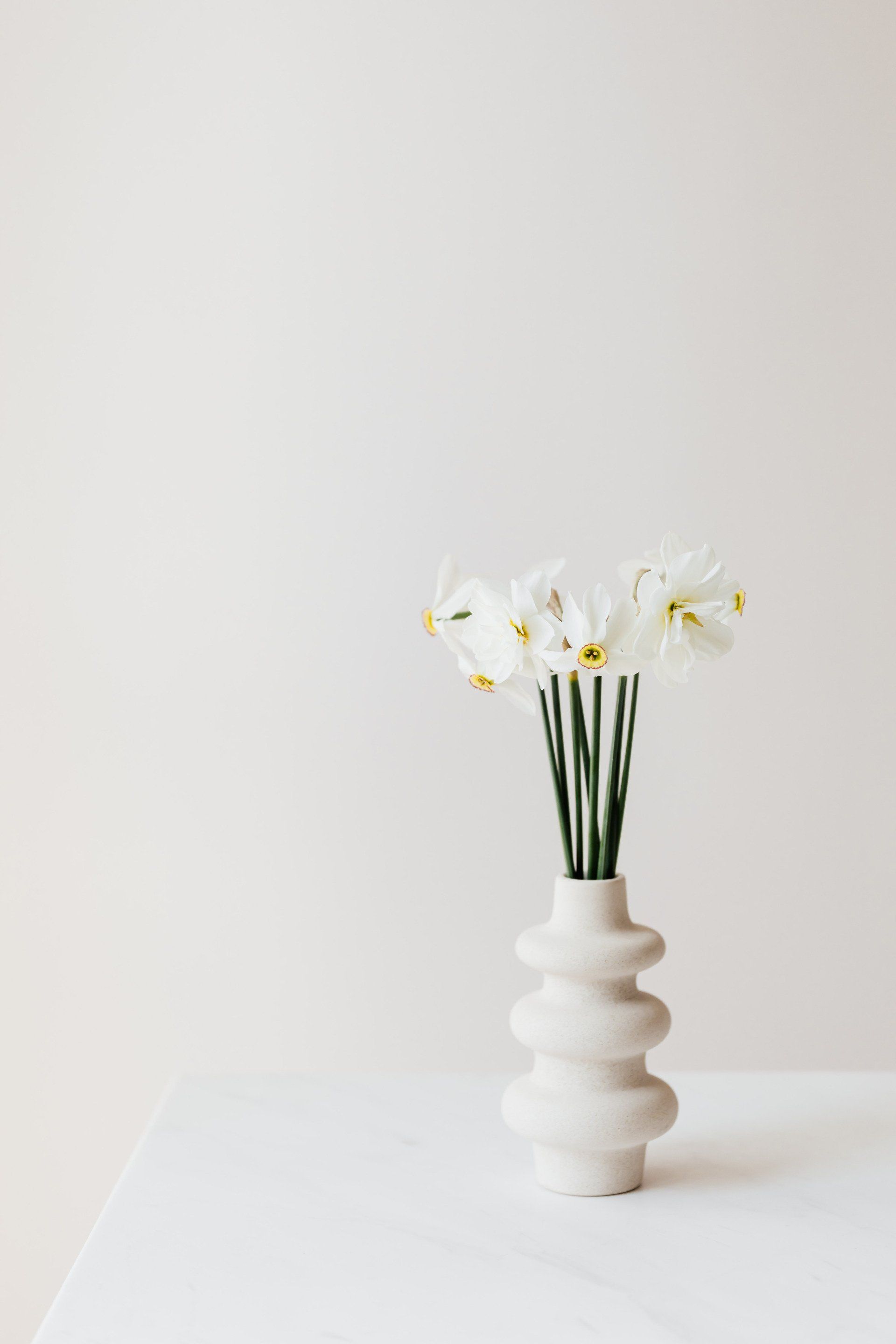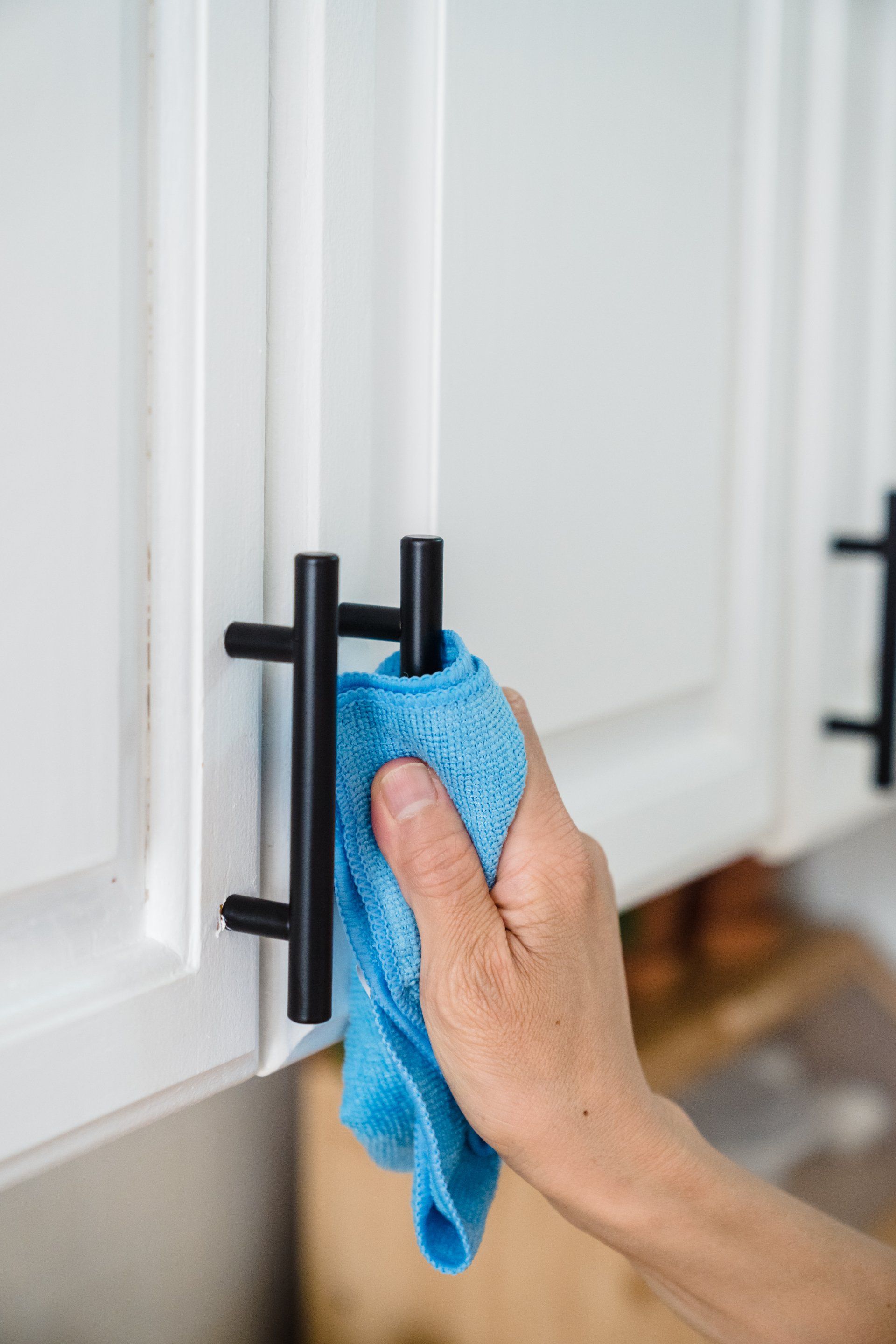If you’ve ever enjoyed a vacation out of town, odds are you’ve probably stayed in an Airbnb or VRBO. Renters enjoy the luxuries of a fully stocked home and the benefit of a bit more space to spread out. When traveling with more than a couple, Airbnb or VRBO can be a very cost-effective tool for spreading your vacation dollars. By simply logging onto the app and typing in a few details about your trip, you’ll see a plethora of options for your accommodations: a tree house, a modern A-frame, a beach bungalow, a studio apartment, or your neighbor’s house.
Sometimes, a short-term rental in your neighborhood can hit too close to home. Those opposed to their fence-mates operating a short-term rental express concern about the rotating door of guests, the unknown guests living (briefly) next door, noise, parties, damage to property, how well the property will be maintained ... just to name a few. On the flip side, those who use Airbnb or VRBO regularly, or those who own/operate a short-term rental, see things a bit differently.
“People who own or operate short-term rentals like Airbnb or VRBO have to ensure that their property is in tip-top shape. That means the grass is always mowed, trees are trimmed, sidewalks are plowed... the home must have curb appeal and maintain the strictest cleanliness standards on the inside, too. The threat of a bad review on any short-term rental platform can literally cost you thousands of dollars. You want your guests to have a great experience, feel comfortable in your home, and share their positive experience by giving the host a five-star review,” says a local short-term rental owner.
Another short-term rental owner has had “zero issues” with rowdy guests. “Often-times, our guests leave the home in better condition than when they arrived. I’m always surprised by just how considerate guests are. ... I’ve become friends with many of my guests, as we live on-site. It’s been a joyful experience hosting guests traveling through our area.” When asked about how their neighbors feel about the rental, one property owner said, “We have never received any complaints from our neighbors. Typically, they love visiting with the guests and offering our guests recommendations and ‘need-to-do’ local activities.”
A growing concern with short-term rentals is their impact on local housing markets. Some governing bodies around the country are taking steps to limit or eliminate short-term rentals in hopes of opening opportunities for local home buyers. During the pandemic, many Americans transitioned into remote work, giving homeowners the opportunity to capitalize on the growing population: remote workers. Many converted rooms in their home or mother-in-law suites into vacation rentals, providing families another source of income during a time of decreased wages and/or unemployment.
It also gave investors the opportunity to buy up property at very low interest rates and convert them into short-term rentals. While some may have concerns about the increase in short-term rentals and its impact on the local housing market, one local owner said, “I could see Airbnb having a very mild impact on housing. Locally, we allow long-term rentals to be purchased by locals or investors, so what meaningful difference exists between the two? In my opinion, short-term rentals give homeowners an opportunity to earn extra income by maximizing their greatest asset, their home. As we see price increases in the grocery store and at the gas pump, this extra cash flow can be meaningful to families and our community.”



